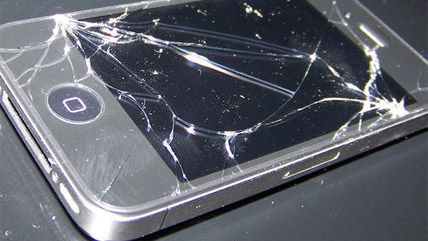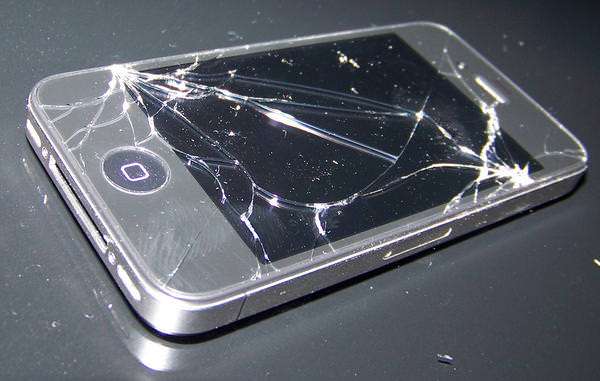House-Approved Cell Phone Unlocking Bill Doesn't Permit Bulk Unlocking


Consumers earned a small victory yesterday when the House of Representatives approved a bill that loosens restrictions on cellphone unlocking (modifying phones to work with any carrier after a contract expires). Unfortunately, the act stops short of allowing businesses to unlock phones.
The House voted 295-114 in favor of Rep. Bob Goodlatte's (R-VA) Unlocking Consumer Choice and Wireless Competition Act, which lost supporters when Goodlatte slipped in a last minute change that "does not permit the unlocking of cell phones for the purpose of bulk resale."
Derek Khanna, a longtime advocate of legalizing unlocking explains to PC World why this addition is problematic:
The new wording favors mobile carriers… Phone companies lobbied to make phone unlocking illegal, and now that the public has responded with outrage and demanded action the phone companies lobbyists have rewritten the legislation to go after their competitors… Many consumers have to rely upon others to unlock their devices for them; under this text small businesses could not provide that service.
Electronics resellers should be able to buy phones from consumers, and after ensuring they're not stolen, unlock them for resale… This is a critical part of how the wireless market functions.
Public Knowledge, an intellectual property advocacy group, retracted its endorsement, expressing a similar sentiment that the bill "pick[s] winners and losers between business models."
Mike Masnick of TechDirt says it's "massively problematic" to "suggest that the unlocker's motives in unlocking has an impact on … whether or not it's legal. And that's an entirely subjective distinction when a bill seems to assume motives."
The Electronic Frontier Foundation notes that "unlocking allows re-use, and that means less electronic waste," and criticizes the legislation for ignoring the "collateral damage" caused by preventing the practice.
This bill "was never the first choice of unlocking advocates," according to The Verge's Adi Robertson, because "instead of permanently legalizing unlocking, it just extended the exemption, which would need to be reexamined anyways in less than two years. But it's been relatively uncontroversial, and so far, it's the only piece of legislation to have passed committee."
Although the practice has been uncontroversial elsewhere in the world, unlocking has been virtually illegal in the U.S. for years, thanks to the Digital Millennium Copyright Act.


Show Comments (24)